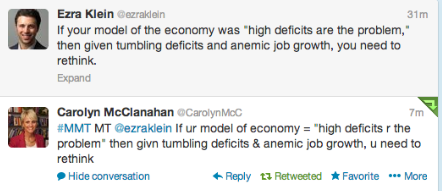By William K. Black
(Cross posted at Benzinga.com)
The only positive aspect of the public contest to pick a successor for Ben Bernanke that the White House has inexplicably sparked is that economists are acknowledging that the next head of the Fed must act to create (not “restore”) effective regulation by the agency. It is long past time to have a serious discussion about the collapse of regulation by the Fed. In this column I make the first of what will become four points. First, the consequences of the Fed’s regulatory collapse have proven catastrophic for our Nation. Second, the Fed’s supervisory structure inherently creates a conflict of interest identical to the one that existed in the Savings and Loan (S&L) debacle until Congress and the President decided the conflict was intolerable and eliminated it in 1989. Third, the supervisory culture of the Fed ensures recurrent supervisory failure – and the Fed’s economists are largely responsible for these failures. Fourth, the Fed’s economists’ dogmas and ignorance of fraud mechanisms have combined to create to create intensely criminogenic environments. The Fed does not simply fail to prevent the epidemics of control fraud that cause our recurrent, intensifying financial crises – its policies are so perverse that they aid the fraud epidemics.












